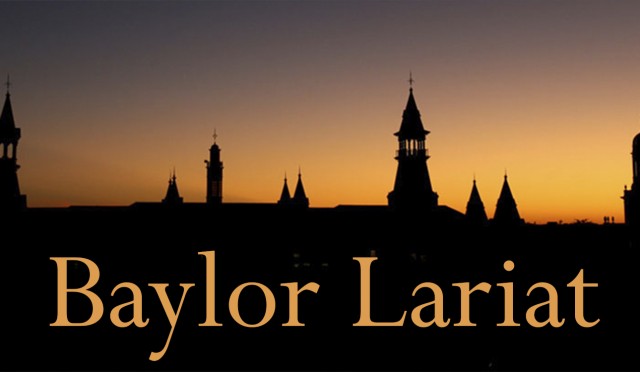In response to the allegations of mishandling of sexual assault cases, a group of alumni have created a petition titled “An Open Letter on Responses to Sexual Assault at Baylor University.” The letter already has more than 1400 signatures from Baylor students, alumni, faculty, staff and friends.
Faculty and staff, who do not wish to be named in the petition, are able to be counted as supporters of the letter and their identity will be concealed.
Dr. Laura Seay, Baylor class of 2000 and assistant professor of government at Colby College, has been involved in and volunteered herself to be a spokesperson for the petition. She said that a group of alumni from across the country began communicating through text and email after seeing the ESPN “Outside the Lines” report over mishandling of sexual assault cases at Baylor and after reading a personal account by Stefanie Mundhenk, a former Baylor student, of how the university handled her sexual assault. The idea of an open letter soon emerged.
“I hope that the petition will help President Starr and the leadership at Baylor to realize that a huge percentage of students, alumni, parents, faculty, staff and friends care about sexual assault and care about how we as an institution react,” Seay said. “It is not enough to just say we will work on it and make changes, we want to see transparency and real changes.”
The letter outlines what they believe to be the “core problem” and what they believe the solutions are to this problem.
The group believes that the problem is repeated accounts of Baylor’s mishandling and substandard management of sexual assaults on campus of involving Baylor students. Another issue the group believes is pertinent is they believe the University’s Title IX policies are not consistently followed and sometimes ignored all together.
The petition presents four solutions that the group has put together. The solutions the group has created are to have qualified investigators that ‘will not blame the victims’, have the university better execute the services for the victims; refer victims to counseling immediately and make sure there are no income barriers and have stronger training programs for all students that will be repeated over the time the student spends on campus.
“Baylor’s failure to adequately serve survivors of sexual assault compromises the University’s Christian identity,” the petition said. “Parents must know that their children will be safe at Baylor, and students must be assured that should the unthinkable happen, their decision to report sexual assault will be met with the University’s full support and resources. We can and must do better, for the sake of Baylor students, and for the sake of faithful Christian witness to the world.”
Baylor president and chancellor Ken Starr sent out a second letter to students Sunday afternoon that provided more information on the external investigation as well as addressed silence on specific reports of sexual assault.
The first letter that Starr sent Wednesday addressed Title IX and allegations of mishandling of sexual assault cases at Baylor.
Last Fall, Baylor initiated an external review of the University’s handling of reports of sexual assault. The Pepper Hamilton Law Firm is conducting the investigation. They claim experience in institutional responses to sexual assault. Starr wrote that the University is giving Pepper Hamilton unrestricted access to any information they request. Pepper Hamilton is also meeting with administrators and students to aid in conducting the review.
Starr addressed frustrations many people voiced about why Baylor has been silent on the handling of specific reports. Starr wrote that the university has been silent because of the Family Educational Rights and Privacy Act (FERPA), which prevents universities, private and public, from speaking publicly about particular events. Even though many victims have come forward and are speaking publicly that does not constitute a waiver of FERPA student privacy laws Starr wrote.
Starr wrote that the university is willing to meet with current and former students who have expressed concern. He wants to meet with them to explore how the university can make sure they are supported and have access to all the resources in the Title IX office.
Starr also provided some history of the Title IX office and policy. in April 2011, with guidance from the Department of Education, Baylor started to implement many Title IX initiatives. These initiatives included having senior level administrators take on Title IX responsibilities from 2011 to 2014 and having many working groups convene to talk about policy implications. The groups led the university to expand training and hire a full-time Title IX coordinator.
Starr wrote that the Title IX coordinator, Patty Crawford, works to ensure that her office is highly visible and accessible to everyone. He also mentioned that under the university’s Title IX policy a “trained and experienced external professional” conducts investigations over the sexual assault cases that happen to Baylor students and meets with both parties and witnesses to create an impartial report.
“Needless to say, our work is not done,” Starr wrote. “In this sensitive arena, it may never be.
“That said, this is an important moment in time for American higher education — and for Baylor. Here at Baylor, we have a unique opportunity to evaluate culture and climate to identify challenges and to model the faithful Christian community we continually aspire to be.”



